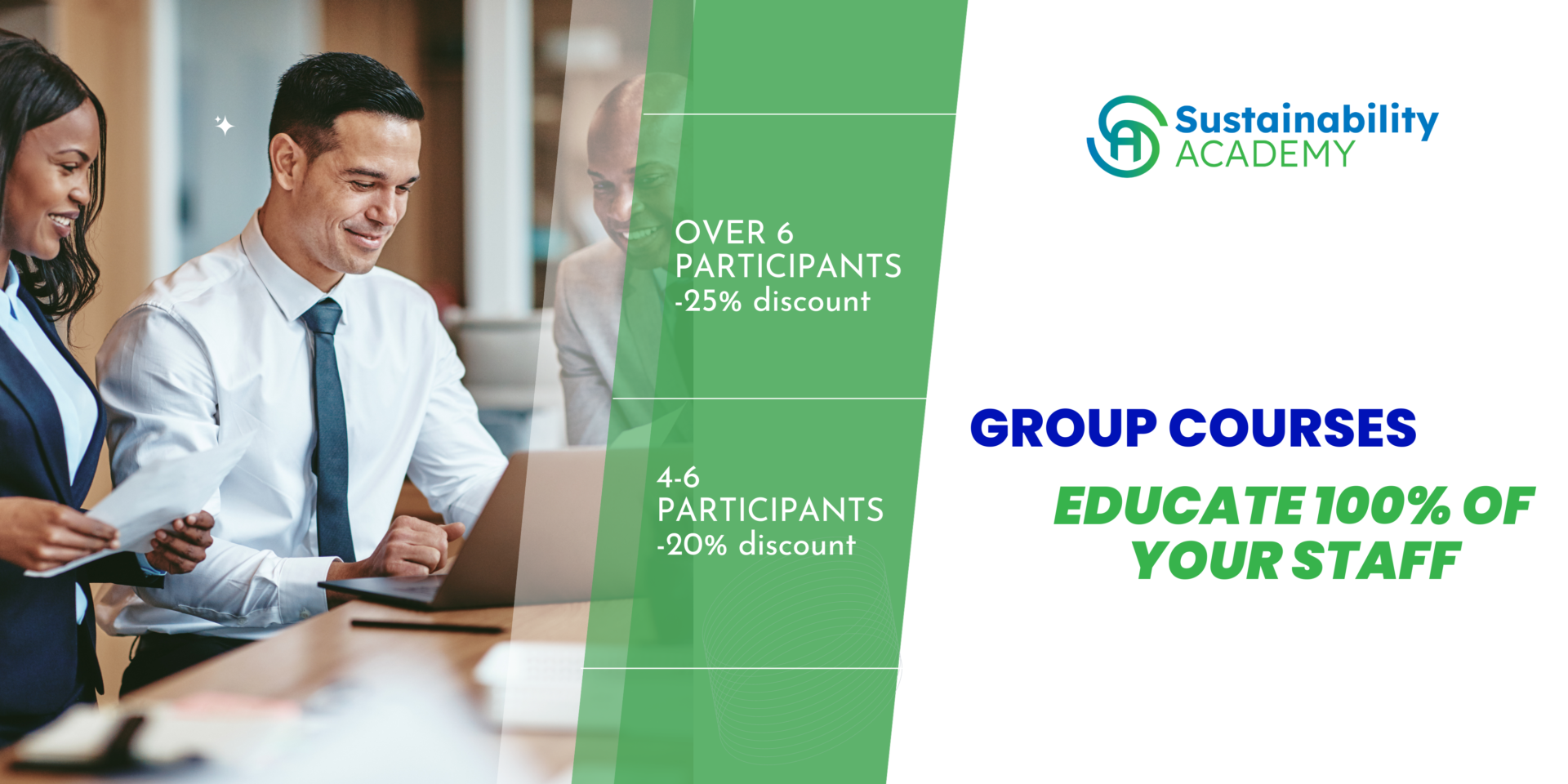Discover the path to mastering circular economy expertise and staying at the forefront of the latest trends.
The circular economy stands at the intersection of sustainability and innovation. As global challenges like resource scarcity and environmental degradation mount, the call for a circular approach to business and consumption becomes increasingly vital. As we enter the third decade of the United Nations Climate Change Conference of the Parties (COP) talks, the international community continues its quest to address the paramount challenge of our era.
Despite the historic success of the twenty-first annual convention (COP21) in 2015, which produced the groundbreaking Paris Agreement, the disparity between future aspirations and present actions remains glaring. According to the inaugural Global Stocktake by the United Nations Framework Convention on Climate Change (UNFCCC), existing commitments place us at risk of a 2.6-degree Celsius increase by 2050, with the current temperature breach already at 1.2 degrees above pre-industrial levels.
What is happening:
Amid this backdrop, examples of circular economy initiatives driven by businesses and policymakers are emerging as crucial contributors to global climate action. The UN’s practical toolbox, ‘Building Circularity into Nationally Determined Contributions (NDCs),‘ unveiled at the 2023 MENA Climate Week, aims to assist countries in seamlessly integrating circular economy interventions into their climate plans. This aligns with ongoing efforts to ensure a just and equitable transition.
Encouragingly, circular economy actions are finding a place within the UNFCCC’s ‘Marrakech Partnership for Global Climate Action’ Climate Action Pathways, particularly in the Industry Pathway. This signals a positive trend towards recognizing the role of circular economy practices in addressing climate change.
In our pursuit of this global mission, it is imperative to leverage not only the potential of renewable energy but also the collective efforts of individuals, businesses, financiers, and policymakers. Achieving the transition from a linear to a circular economy, one that operates within planetary boundaries, requires the active involvement of all stakeholders. This includes those advocating for a reuse revolution and those championing circular business models such as repair and remanufacturing, which extend the lifespan of products and materials. It is a collective responsibility to reshape the core of our economy, and we need everyone at the table to bring about this transformative change.
Why to become a circular economy expert:
Are you aspiring to become a proficient expert in the field of circular economy? The circular economy offers significant job opportunities across various sectors and regions. According to the Ellen MacArthur Foundation, Europe could see 700,000 additional jobs by 2030, while a study by Circle Economy suggests a global potential of 6.3 million jobs by the same year.
Key sectors benefiting include:
- Manufacturing
- services
- agriculture
- construction
Jobs in these sectors may involve designing sustainable products, providing lifespan-extending services, adopting regenerative agricultural practices, using renewable materials in construction, and working in the generation and distribution of renewable energy.
Explore our latest Online Certificate in Circular Economy and seize the chance to benefit from an exclusive 15% welcome discount. Reach out to us at [email protected] to receive your personalized promo code. Don’t let this opportunity pass you by!

Join the Online Certificate on Circular Economy
- Comprehensive introduction and practical knowledge on Circular economy
- Case studies, examples and videos
- Advanced knowledge to meet rising internal & external stakeholders’ expectations.
- Certification by CSE, accredited by CPD
- Badge issued by Credly
Group registrations allow you to attend our certified courses as a team at the same time. Our group courses are created to tackle present-day problems as well as prepare your company for the future.
Discounts can be applied to a group that registers either to the same course or in a combination of courses. Request more information at [email protected].
Why choose Sustainability Academy Certified Courses?
- Offer a unique Certification accredited by CPD in an affordable manner trusted by global Fortune 500 companies and global accounting firms for their staff education
- Content created by Sustainability thought leaders, professors and trainers with practical experience in the field of sustainability
- Self-paced Courses that can be completed anytime within 45 days
- Up-to-date content revised on annual basis that includes new legislations and trends based in field research
- Joined by thousands of learners from 90 countries, including Sustainability professionals, graduates and entrepreneurs from various sectors


